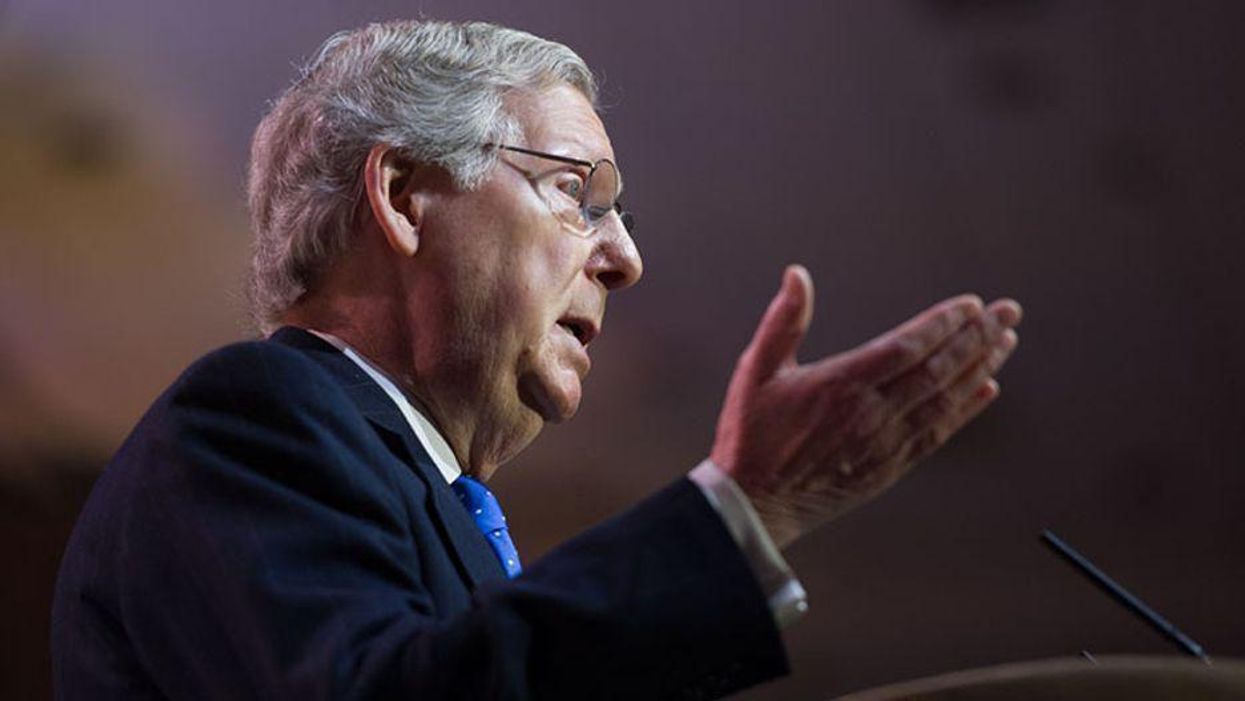Here’s how the GOP is distorting US inflation for their own political agenda


Many Americans are still feeling the financial strain the COVID pandemic.
Last week, the U.S. Department of Labor reported that the Consumer Price Index rose by 6.2 percent, the largest increase the United States has seen in three decades. Almost immediately after the increase was reported, Republican lawmakers quickly attempted to point the finger at President Joe Biden and the Democratic Party.
In fact, the Republican National Committee (RNC) tweeted, "Bidenflation is hurting working Americans all over the country." As prices continue to rise across the country putting an extra added strain on Americans' pockets, Republicans are using inflation as a key issue to argue for next year's midterm elections.
However, The New Yorker's John Cassidy explains how inflation is being distorted by Republican lawmakers. Although Republicans are conveniently placing blame on Biden, Cassidy notes that many of the issues at the core of the world's pandemic-related inflation problem are actually "beyond the immediate control of any President."
"If the Biden Administration's spending policies have been a major factor in driving prices higher—as Republicans claim—you would expect the inflation rate to have jumped a lot further in the United States than in Europe, say," Cassidy said. "That hasn't happened."
He also attributed the real issue to three primary reasons:
"The reality is that the worldwide spike in inflation is primarily an unintended consequence of three global developments—two that are very positive, and one that's both positive and negative," Cassidy wrote. "The first positive is that so many of the major economies responded aggressively to the coronavirus shutdowns, pumping out money to stricken households and firms at unprecedented rates.
"These emergency policies prevented an all-out collapse, a major policy success that shouldn't be forgotten, but they also led the global economy, and the over-all level of demand for goods and services, to rebound faster than expected," Cassidy continued. "The second positive development, which accentuated this rebound, was the rapid development of a vaccine and its prompt rollout in developed countries."
He added, "The third factor is the creation, during the past few decades, of just-in-time manufacturing processes and global supply chains."
Although Republicans will likely attempt to drag out the inflation issues well into next year, Jerome Powell, the chairman of the Federal Reserve, insists "we should see inflation moving down by the second or third quarter" of next year. Conceivably, it could be sooner."